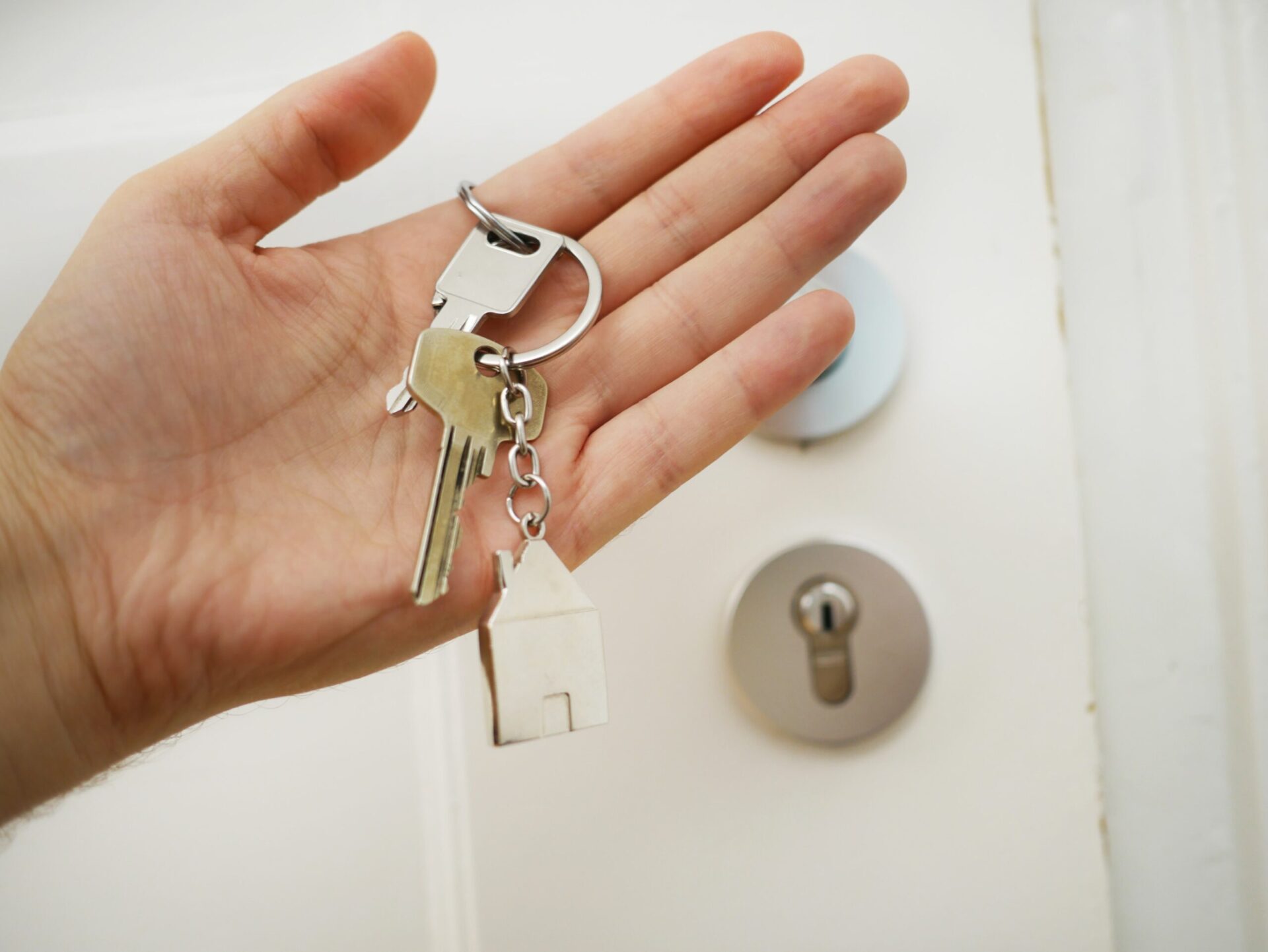Buying a Home Without a Deposit

If saving the standard 20% home loan deposit doesn’t sound like a realistic option for you, getting yourself a no deposit home loan with a guarantor could be a good alternative.
If you have someone in your family who owns a home, if agreed upon, you can use that home as a form of security to cover your home loan deposit. If you don’t have a deposit you can be sure that the bank will not give you a normal home loan. You might be able to save 5% towards a deposit, but in case that isn’t enough you should consider entering the market with a loan from a guarantor. This option isn’t however available to every borrower. Continue to read the guide below to learn more.
Guarantor no deposit home loans, how do they work?
To simply put it, a guarantor loan is a loan that gives your parents or close family members the option to ensure a part of your loan by using their own home or property as a form of security. Because of the global financial crisis (GFC), if you don’t have a home loan deposit sorted then the guarantor loan is your only option to buy a home.
What about the 100% home loans?
You’ll often find that a no deposit guarantor home loan is essentially identical to a regular home loan. This enables you to compare and contrast all different types of loans, including those with variable or fixed rates. Additional features given involve redraw facilities, offset accounts, repayment options and more.
What should I keep an eye out for in a no deposit home loan?
Choosing a standard home loan is almost the same as picking a no deposit home loan since the features are practically identical. Although, checking out every lender’s policy on guarantors and comparing them is a very good idea to ensure you know what you’re signing up for.
There will be differing terms and conditions from every lender based on what, where, who and how the chosen guarantor will be able to fund your loan. There are lenders out there who may impose certain restrictions on a guarantor or no deposit home loan and this particular type of mortgage isn’t available for any borrower that is self-employed. Ensure you’ve read and understood the fine print to match your financial and personal circumstances with your chosen guarantor.
We’d also recommend asking your lender about their approval process. When applying for your no deposit home loan, the approval process can sometimes be quite lengthy and more complex than that of a normal mortgage application, seeing as your lender will need to assess the security and financial status of your guarantor.
Other optional forms of deposits.
What if you’re struggling to secure a guarantor for your no deposit home loan? Then maybe turning to other methods of providing a deposit is what you need, some of these are as follows:
Personal loan as deposit Use a personal loan for your deposit
The majority of lenders demand at least 5% in genuine savings, this means that they will require proof that your deposit is a result of regular savings. There are other lenders although, who will offer you a home loan without the need for genuine savings. If your income is high enough to pay for two loan repayments whilst having a positive credit history, you could be entitled to receive a personal loan which could cover you for the costs of your home loan deposit. Yet be warned, if you take out a personal loan for your deposit, this will affect how much you’ll be able to borrow through your home loan.
Windfall or monetary gift
If you've received a large monetary gift or have come into some money as a result of a windfall, you may be able to use this money as a home loan deposit. While you could seek out a lender that doesn't require genuine savings, if you hold money in your account for three to six months most lenders will consider it genuine savings. If you’ve got yourself some money by way of a windfall or managed to receive a large monetary gift, you could potentially use the money as your home loan deposit. While seeking out a lender that doesn’t demand a history of genuine savings could be a good idea, holding that money in an account for roughly three-seven months could be considered genuine savings to most lenders and thus pass as sufficient proof for obtaining your home loan deposit.
Equity
If you’re already in possession of property (or properties), you’ll be able to use whatever equity you have in your property towards a home loan deposit for the next property. The difference between the amount you owe on your home loan and the worth of your property is known as the equity. It’s quite common for lenders to allow the usage of up to 80% of your equity in a property towards a deposit, and others will even allow the usage of up o 95% if the lenders mortgage insurance (LMI) is paid by you.
Low deposit home loans
If you’re struggling to come across anyone to act as a guarantor, you’ll probably have to save for a deposit instead. The good news being, there are quite a few lenders out there who will offer you a loan that can be as small as a 5% deposit. It’ll enable you to enter the housing market a lot faster, although you’ll have to pay the LMI.




